What specific nutrient, commonly found in tomatoes, is often highlighted for its potential role in supporting men’s prostate health?
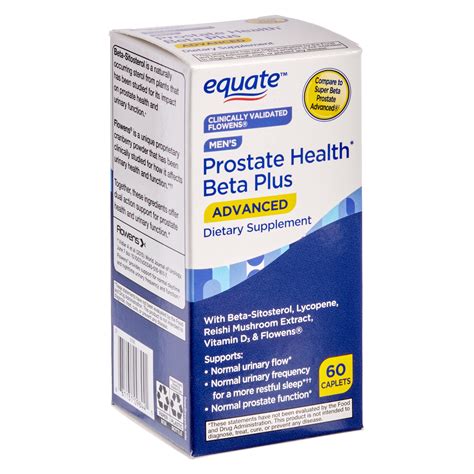
Lycopene: The Red Pigment Powerhouse for Prostate Health
When discussing men’s prostate health and dietary influences, one specific nutrient consistently emerges from the vibrant red hue of tomatoes: lycopene. This powerful carotenoid, responsible for the characteristic red color of many fruits and vegetables, has garnered significant attention for its potential protective effects on the prostate gland.
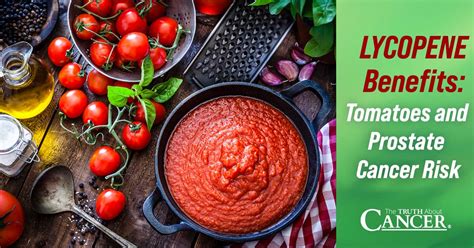
Understanding Lycopene: A Potent Antioxidant
Lycopene is a naturally occurring chemical known as a carotenoid. Carotenoids are plant pigments that act as antioxidants in the human body. Antioxidants play a crucial role in neutralizing free radicals, unstable molecules that can cause cellular damage, contributing to chronic diseases, including certain types of cancer. For the prostate, this antioxidative action is particularly important, as oxidative stress is believed to be a contributing factor in prostate issues, including benign prostatic hyperplasia (BPH) and prostate cancer.
Primary Dietary Sources and Bioavailability
While tomatoes are the most famous source, lycopene can also be found in other red and pink fruits like watermelon, pink grapefruit, guava, and papaya. However, the form of lycopene in tomatoes is particularly relevant. Research indicates that cooked and processed tomato products, such as tomato paste, sauces, and juice, offer a more bioavailable form of lycopene compared to raw tomatoes. The heat processing helps to break down the cell walls of the tomatoes, releasing the lycopene and converting it into a more easily absorbed form by the human digestive system. Furthermore, consuming lycopene with a small amount of fat (like olive oil in a tomato sauce) significantly enhances its absorption, as lycopene is a fat-soluble compound.
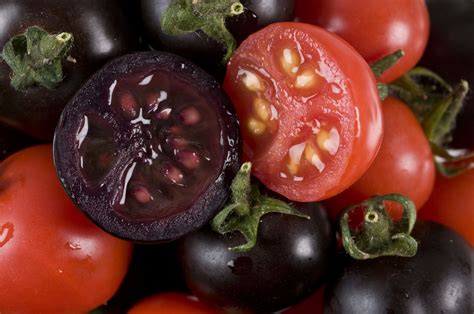
Lycopene’s Proposed Mechanisms for Prostate Support
The potential benefits of lycopene for prostate health are attributed to several mechanisms:
- Antioxidant Protection: As mentioned, lycopene’s primary role is its potent antioxidant activity, which helps protect prostate cells from oxidative damage.
- Anti-inflammatory Properties: Chronic inflammation is implicated in the development and progression of various prostate conditions. Lycopene may help mitigate inflammation within the prostate gland.
- Cell Growth Regulation: Some studies suggest that lycopene may influence cellular signaling pathways, potentially inhibiting the proliferation of prostate cancer cells and inducing apoptosis (programmed cell death) in abnormal cells.
- DNA Repair: It may also play a role in supporting DNA repair mechanisms, further contributing to cellular health.

What Does the Research Say?
Numerous epidemiological studies have explored the link between lycopene intake and prostate health, with many suggesting an inverse relationship between high consumption of lycopene-rich foods and the risk of prostate cancer. For instance, some meta-analyses have indicated that men with higher circulating levels of lycopene have a reduced risk of developing prostate cancer. However, the results from interventional clinical trials have been somewhat mixed, with some showing beneficial effects on prostate-specific antigen (PSA) levels or tumor growth, while others have found no significant impact.
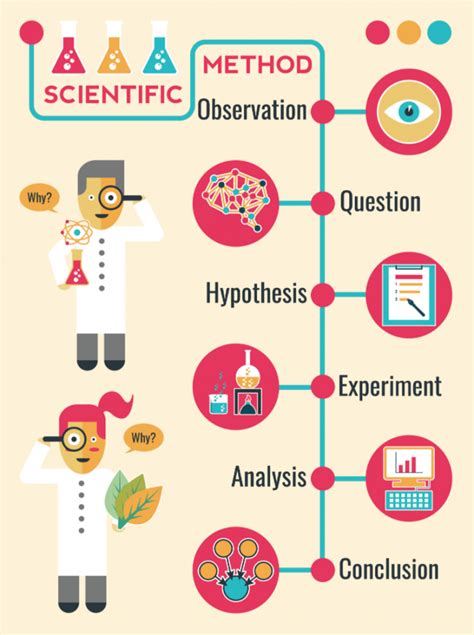
It’s important to note that while the evidence is compelling for lycopene as a beneficial component of a prostate-healthy diet, it is not considered a standalone cure or preventative measure. Experts emphasize that a holistic approach, including a balanced diet rich in various fruits, vegetables, and whole grains, regular physical activity, and routine medical check-ups, forms the cornerstone of maintaining prostate health.
Integrating Lycopene into Your Diet
Incorporating more lycopene into your diet is simple and delicious. Opt for tomato-based sauces, soups, and stews. Enjoy watermelon or pink grapefruit as snacks. Remember that combining these foods with a healthy fat source will maximize absorption. While supplements are available, obtaining lycopene from whole food sources is generally recommended, as it comes alongside other beneficial nutrients and fiber.
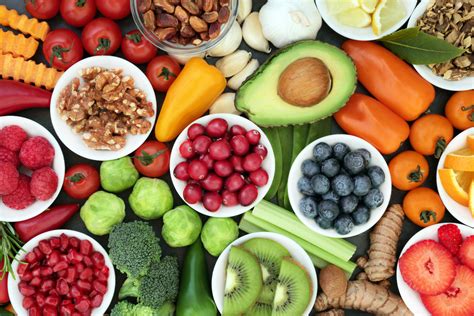
Conclusion: A Key Piece of the Prostate Health Puzzle
In summary, lycopene, the vibrant carotenoid abundant in tomatoes, stands out as a key nutrient frequently highlighted for its potential role in supporting men’s prostate health. Its powerful antioxidant and anti-inflammatory properties offer a promising avenue for cellular protection. While research continues to unfold, incorporating lycopene-rich foods, especially cooked tomato products, into a balanced and healthy diet is a practical and enjoyable step toward supporting overall prostate well-being. Always consult with a healthcare professional for personalized advice on prostate health and dietary strategies.








